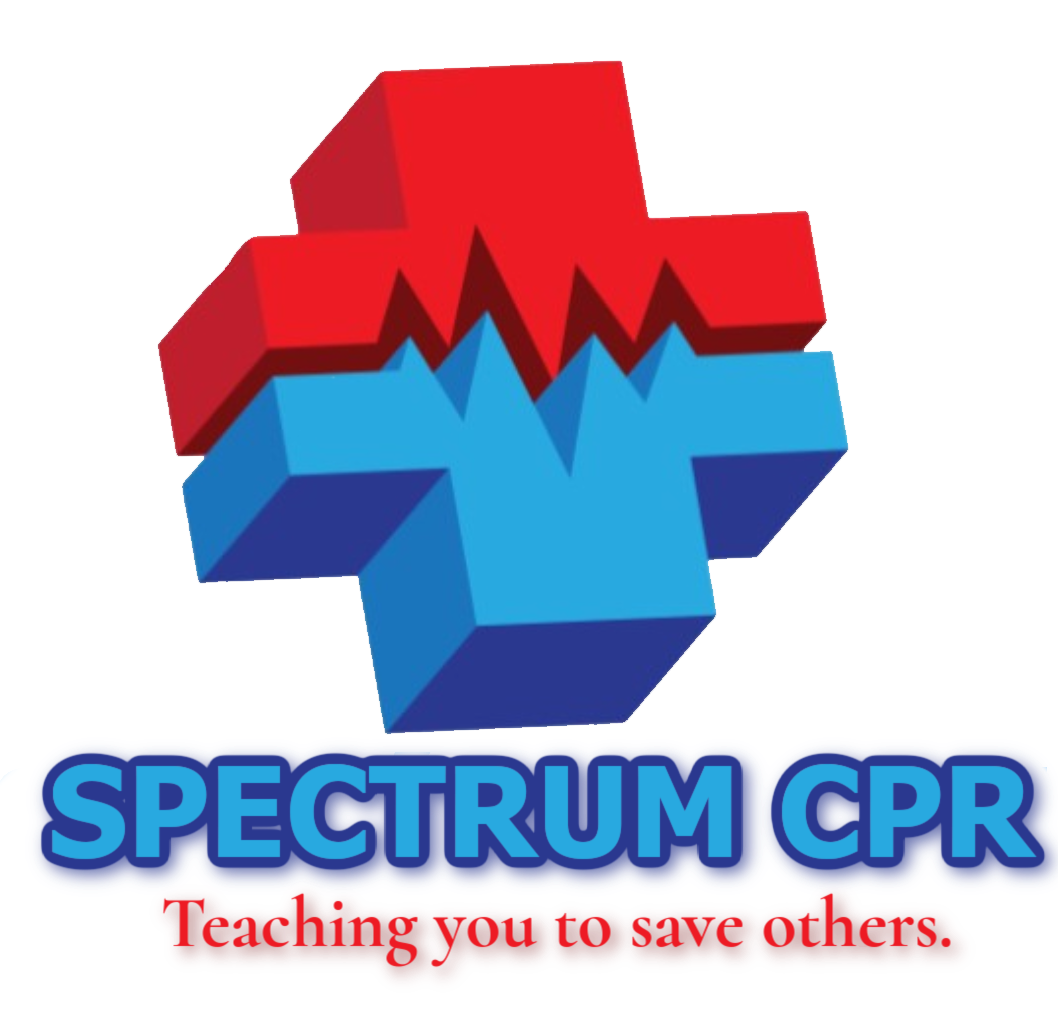
Key Elements of Our CPR Training Courses
In person classes
Our CPR training courses cover essential topics including adult, child, and infant CPR techniques, the use of an AED, and first aid basics. Each course is designed to equip you with the knowledge and skills necessary to respond effectively in emergencies.
Blended Learning
All AHA courses are available in two different training methods – blended learning and classroom training. All course options teach the same AHA science-based skills and result in the same AHA Course Completion Card.
What Our Participants Say
Hear from those who have taken our CPR courses and discover how our training has made a difference in their lives.
"The CPR course at SPECTRUM CPR was incredibly informative and hands-on. I feel confident that I can help in an emergency!"
Jessica M., San Diego, CA
"I appreciated the clear instructions and supportive environment. I now feel prepared to handle any situation!"
Mark T., Chula Vista, CA
"The instructors were knowledgeable and made the learning process enjoyable. I highly recommend this course!"
Emily R., La Jolla, CA
Common FAQs About CPR Certification
What are the prerequisites for CPR certification?
To enroll in a CPR certification course, you typically need to be able to do compressions. There is no age requirement. No prior experience is required, but a willingness to learn and participate is essential. Some courses may also require a basic understanding of first aid.
How long does the CPR certification last?
CPR certifications are generally valid for two years. After this period, you will need to renew your certification to ensure you are up-to-date with the latest techniques and guidelines.
What is the renewal process for CPR certification?
Renewing your CPR certification will depend on the type of certification. Some levels have shorter certification classes while others require you to take a full class. Please contact us if you have any questions!
Are there any online CPR certification options?
We do offer what is called a blended learning class. You will take the class online. Once you have completed the online portion you will print a certificate. That certificate must be brought in when you do your skills assessment.
What should I expect during the CPR training course?
During the CPR training course, you will learn about the different techniques for adults, children, and infants. The course typically includes both theoretical knowledge and practical skills training, ensuring you feel confident in your abilities. You will be required to preform CPR during the class, so please dress appropriately.
Is CPR certification recognized by employers?
Yes, CPR certification from recognized organizations like the American Heart Association is widely accepted by employers across various industries, including healthcare, education, and emergency services.
